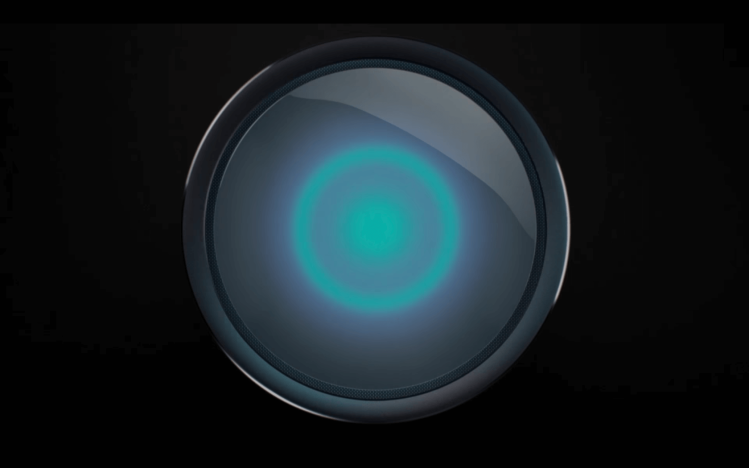Want smarter insights in your inbox? Sign up for our weekly newsletters to get only what matters to enterprise AI, data, and security leaders. Subscribe Now
Microsoft today announced that Harman Kardon will come out with a smart speaker that draws on Microsoft’s Cortana virtual assistant in 2017. It will likely be a competitor to Amazon’s Echo, which uses Alexa, and the Google Home, which employs the Google Assistant.
The Harman device doesn’t have a name. “Premium audio meets your personal assistant” is how it’s billed in a new promotional video.
https://www.youtube.com/watch?v=bikRuaJAv5g
Samsung acquired Harman, the company behind the Harman Kardon brand, for $8 billion earlier this year. Meanwhile, Samsung has submitted regulatory documents for a speaker called Scoop.
AI Scaling Hits Its Limits
Power caps, rising token costs, and inference delays are reshaping enterprise AI. Join our exclusive salon to discover how top teams are:
- Turning energy into a strategic advantage
- Architecting efficient inference for real throughput gains
- Unlocking competitive ROI with sustainable AI systems
Secure your spot to stay ahead: https://bit.ly/4mwGngO
In August, HP unveiled the Pavilion Wave PC, which has a speaker that makes it easy to talk with Cortana.
Reports have suggested that Microsoft was working on a “Home Hub” device that could compete with the Echo — some people even expected it to be released at Microsoft’s hardware event in October — but more recent reports indicate that it will only be implemented in software.
Today, the Harman Kardon device is an example of the types of products that other companies can make when they take advantage of Cortana’s smarts through a new Cortana Devices software development kit (SDK) that’s now in private preview.
“It will carry Cortana’s promise in personal productivity everywhere and deliver real-time, two-way audio communications with Skype, Email, calendar and list integration — all helping Cortana make life easier, everywhere. And, of course, it will carry Cortana expert skills across devices,” the Windows Apps Team wrote in a blog post. The team said it’s even working on implementations of the SDK in connected cars.
Microsoft is announcing the news on the same day that Google said it would enhance its Weave communication protocol with a Device SDK that will make it easy to add things like the Google Assistant to internet-connected devices. And in October, Google committed to releasing the Embedded Google Assistant SDK.
But several device makers have jumped to integrate Alexa over the past few months. It will take time for Microsoft to catch up.


